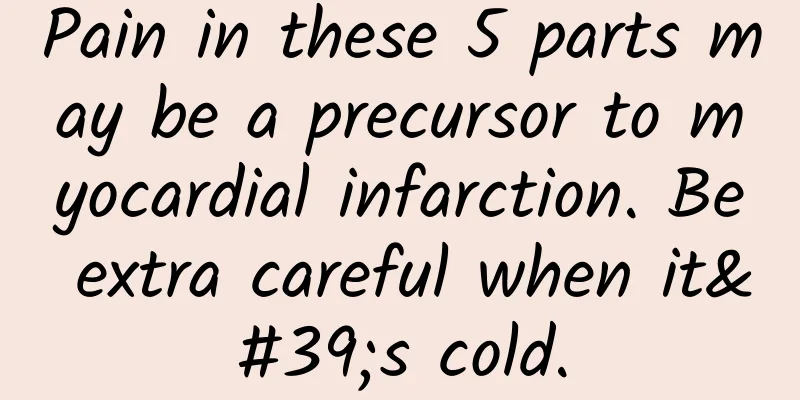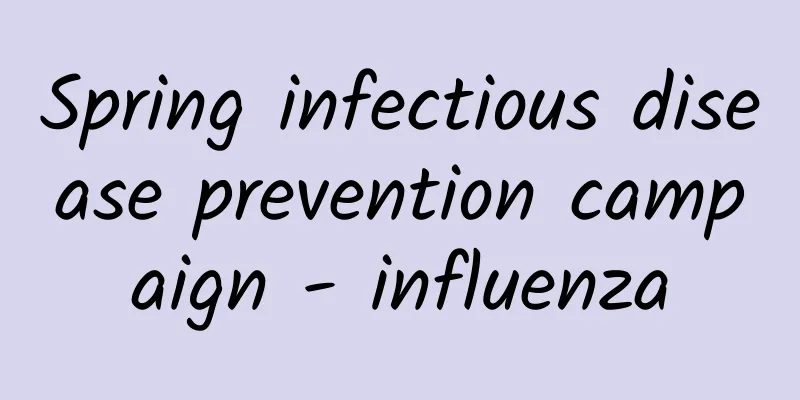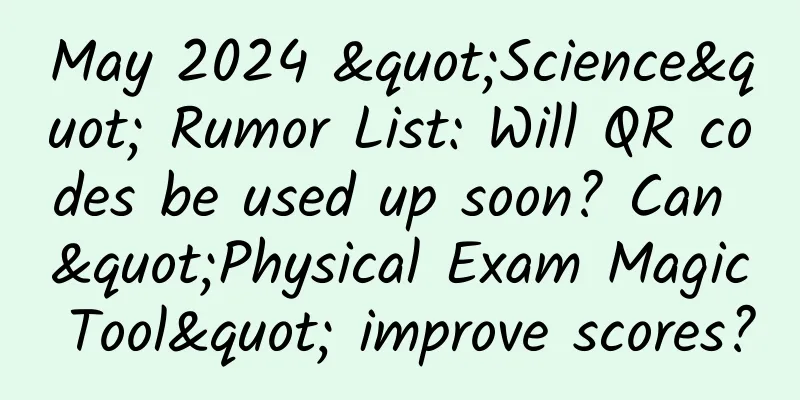Pain in these 5 parts may be a precursor to myocardial infarction. Be extra careful when it's cold.

|
Every winter, acute myocardial infarction likes to "make trouble", and the incidence rate is rising. We have to be careful, because before a myocardial infarction occurs, the body will send out some "alarms", if it can be discovered early, the risk can be greatly reduced. Today, let's talk about myocardial infarction. Zeqiao original copyright contact Why is myocardial infarction more common in winter? The heart is like the "engine" in the body, supplying blood to the whole body. But if there is a problem with the coronary artery supplying blood to the heart, such as being blocked by a blood clot or ruptured atherosclerotic plaque, myocardial infarction may occur. At this time, the blood supply to the heart is cut off, the myocardial cells will be damaged, and it may also cause cardiac electrophysiological disorders, and in severe cases, ventricular fibrillation, which is life-threatening. Why is myocardial infarction more common in winter? When it is cold, the body's sympathetic nerves become excited, blood vessels contract, blood pressure rises, heart rate speeds up, fibrinogen in the blood increases, fibrinolytic activity decreases, and the blood becomes sticky and easy to clot. At the same time, the cold also stimulates platelets, making the blood stickier and blood flow slower, so that plaques in the coronary artery are more likely to rupture and form thrombi, blocking the blood vessels. Zeqiao original copyright contact Pain in these 5 areas may be a precursor to a heart attack Most acute myocardial infarctions are not without signs. **The most typical symptom is chest pain and sweating. **This pain usually starts from behind the sternum or in front of the heart, and hurts in an area as big as a palm. It is not the kind of needle-like pain, and it often lasts for 15 minutes or even several hours without relief. The pain is like a big stone pressing on the chest, or being tightly wrapped with tape. It feels so uncomfortable. In addition to chest pain, there are some atypical symptoms that you should pay attention to: 1. Sore throat A few days before a heart attack, you may have a sore throat or neck discomfort. But this is different from an ordinary sore throat. It will feel like a blockage or tightening feeling, and you will often sweat a lot. If you have this feeling in your throat or neck for no apparent reason, don't take it lightly. 2. Toothache Some people may suddenly have a severe toothache, but they can't find any obvious dental problems. Sometimes they don't know which tooth hurts, and several teeth hurt. Taking painkillers and seeing a dentist don't work, and at this time, they have to suspect whether it is a precursor to a heart attack. Zeqiao original copyright contact 3. Upper abdominal pain If you haven't eaten anything bad but suddenly vomit or have diarrhea, or you're nauseous but can't vomit, and your stomach is getting more and more uncomfortable and the area is getting bigger and bigger, you should also be alert to myocardial infarction, because myocardial necrosis may stimulate the vagus nerve, leading to insufficient blood supply to the gastrointestinal tract. 4. Shoulder and back pain There is also neck and back pain, which is because the sensory nerve fibers of the heart are connected to the sympathetic ganglia in the neck and chest, and angina pectoris sometimes radiates to the neck and back. In addition, the pain of cardiac ischemia may also be transmitted to the left shoulder, inner left arm, little finger and ring finger. In short, if the pain occurs in the "area between the mouth and the navel" and becomes more and more severe, especially in men over 35 years old, you must go to the hospital for an electrocardiogram as soon as possible. What should I do if I suspect a heart attack? If you suspect a heart attack, remember these key steps. First, call 120 for help immediately. If you have chest pain and your blood pressure is not low, you can take nitroglycerin sublingually, but if it doesn't ease after 15 minutes, don't take it again. While waiting for the ambulance, let the patient stay still to avoid adding to the heart's burden. If conditions permit, monitor blood pressure, breathing, pulse, heart rate, etc. If the patient suddenly has cardiac arrest, perform cardiopulmonary resuscitation immediately. Zeqiao original copyright contact Here I want to remind everyone, don't drive to the hospital by yourself, it would be very dangerous if the condition worsens or you suddenly die on the way. Don't go to a famous big hospital, listen to the instructions of the rescue staff and go to the nearest hospital with treatment capabilities. If the doctor recommends stent placement, don't hesitate, trust the doctor, it is important to open the blocked blood vessels as soon as possible. |
Recommend
What will happen within seven days after eyebrow tattooing? Who is not suitable for semi-permanent eyebrow tattooing?
In the past, eyebrow tattoos were permanent, but ...
Is shoulder pain due to frozen shoulder? How can I be sure if I have frozen shoulder?
Shoulder pain is common in people over 40 years o...
Treat intestinal polyps early to prevent them from turning into rectal cancer
Author: Tang Qin, Deputy Secretary-General and Re...
What is the cause of the nodule in the breast
In recent years, breast disease has become a fact...
TrendForce: Foldable smartphone shipments are expected to reach 18.3 million units in 2023, up 43% year-on-year
2023 can be said to be a year of rapid developmen...
Yoga moves for slimming legs, six ways to shape long and beautiful legs
Yoga is a very popular fitness and weight loss me...
Taking medicine to prevent COVID-19, taking medicine as soon as you have a fever, increasing the dosage at will... These 5 wrong behaviors are all very dangerous!
With the continuous adjustment of epidemic preven...
Mastectomy
Abnormal sensations in the breast require treatme...
Do I need to take medication for life after having a heart stent placed? Which medications can I stop taking? Which medications must I take for life?
I met a patient who was both "serious" ...
How to massage breasts to make them bigger
In today's society, everyone desires to have ...
How is the uterine mass formed?
The presence of lumps of material in the uterine ...
How can I conceive a boy?
Before getting married, many couples hope to get ...
What are the benefits of drinking brown sugar water during menstruation
Brown sugar water is relatively mild. Many people...
How long does it usually take to detect pregnancy?
For every female friend who is pregnant for the f...









